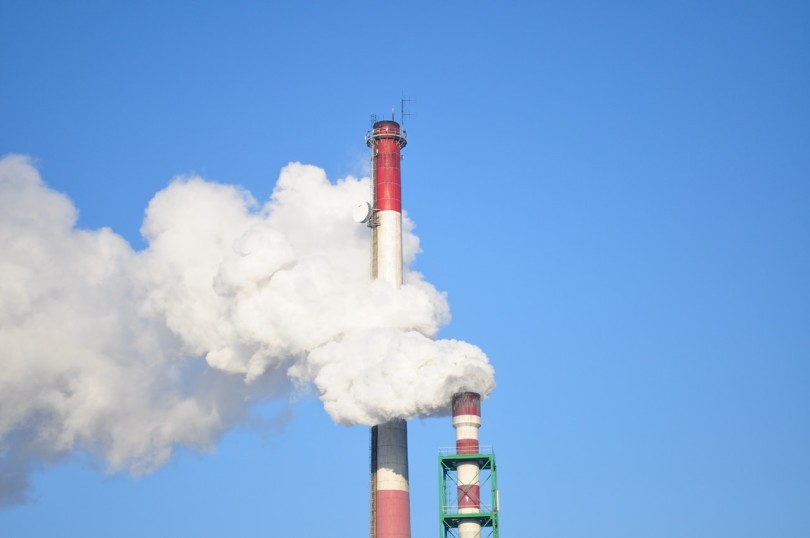How is the UAE encouraging people to rethink DESALINATION?
15 Apr 24
Enviro ChatThe Global News Source for the World of Science and Chemicals
04 March 2022
Enviro Chat
As a company which has built its wealth on extracting, processing and exporting fossil fuels, the Abu Dhabi National Oil Company (ADNOC) has traditionally commanded a sizable carbon footprint. However, the firm is aware of the need to adapt and is making great strides towards cleaning up its environmental profile.
To that end, ADNOC recently announced plans to team up with the Abu Dhabi National Energy Company (TAQA) to build an underwater cable to power its offshore production facilities. At present, the facilities run on natural gas, but the establishment of the cable will allow it to switch to cleaner forms of energy, potentially shaving almost a third off its annual emissions.
The subsea cable is a joint project between ADNOC and TAQA and is expected to be funded by a special purpose vehicle (SPV). Each company will hold a 30% stake in the final entity, with the remaining 40% bought by France’s EDF Energy, Japan’s Kyushu Electric Power and South Korea’s KEPCO. Each stakeholder will contribute to the development, operation and maintenance of the system.
Once completed, the cable will be capable of transmitting 3.2GW of power from ADNOC’s onshore operations centres to offshore production facilities. By transitioning from natural gas to renewables, the operation is expected to slash the emissions of its offshore units by as much as 30%.
The project is part of a wider plan in the UAE to reduce its dependence on fossil fuels and improve its environmental credentials. Indeed, the Emirati government has already earmarked a target of reaching carbon neutrality by 2050. It is ambitious projects like the aforementioned subsea cable which will bring them closer to that objective.
Elsewhere, ADNOC and TAQA have bolstered their renewable capacity by purchasing stakes in Masdar. Owned by the state, the Abu-Dhabi based company specializes in solar and wind power. Through their acquisition of Masdar interests, ADNOC and TAQA hope to drive improvements in its output of up to 50GW by 2030, which would add significant capacity to the UAE’s renewable portfolio.
The moves come in the wake of COP26 last month, when political leaders and policymakers from all over the globe met in Glasgow in the UK to discuss their environmental obligations. Despite the measures already put in place and the goals already outlined by attendees, it remains unclear whether emissions are actually getting higher or lower thanks to the proliferation of industrial and energy-based activity across the planet.
It is for this reason that countries like the UAE are stepping up to the plate and demonstrating their commitment to the pledges made in Scotland. As the state-owned oil company, ADNOC has a big role to play in helping the country to cut its emissions and polish its environmental profile – and its development of the subsea cable is a significant step in the right direction.
DOWNLOAD PDF

2 Day Seminar Program
@ ArabLab+ 2024
24 & 25 September 2024
Your stay in Dubai
Labkit
Product News
Chemkit
Product News
Thinking about exhibiting at ARABLAB 2024? Watch our video to find out more.
Join the world’s leading organisations…
Join our mailing list and receive the ARABLAB newsletter and event updates.